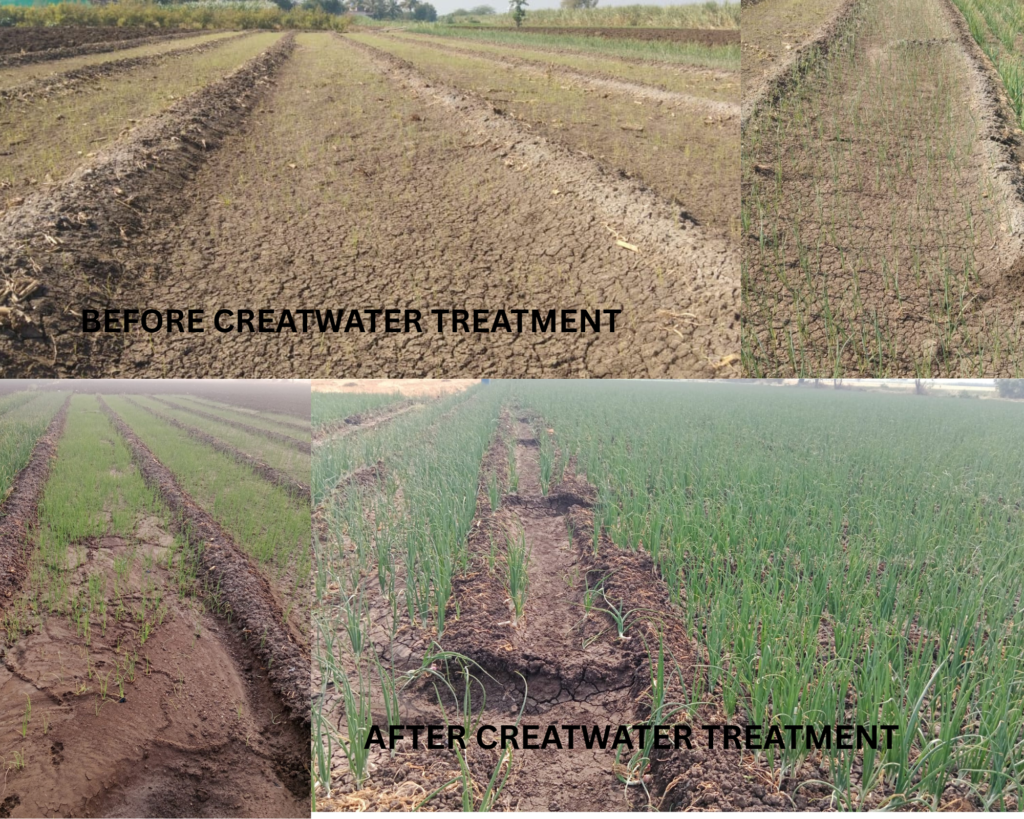Introduction
Soil health is a critical component of sustainable agriculture and has far-reaching implications for food security, environmental sustainability, and economic viability. Investing in soil health is not just a trend; it is a strategic move that can yield significant long-term benefits. Here are the top five reasons why you should consider investing in soil health.
1. Enhanced Crop Yields and Resilience
Healthy soil is the foundation of productive agriculture. By investing in soil health, you can significantly increase crop yields and improve the resilience of your crops to adverse conditions such as drought, pests, and diseases. Practices like conservation agriculture, which include reduced tillage, cover cropping, and crop rotation, have been shown to enhance soil structure, water retention, and nutrient availability, leading to higher and more stable yields.
2. Environmental Sustainability
Investing in soil health is a powerful way to mitigate climate change. Healthy soils can sequester carbon, reduce greenhouse gas emissions and contributing to climate change mitigation. Practices that promote soil health, such as the use of organic amendments and reduced tillage, can increase soil organic carbon (SOC) stocks, which is crucial for maintaining soil fertility and reducing the carbon footprint of agriculture.
3. Economic Benefits
While the initial investment in soil health practices may seem costly, the long-term economic benefits are substantial. By improving soil fertility and reducing the need for synthetic fertilizers and pesticides, farmers can lower their input costs. Additionally, healthier soils can lead to higher crop yields and better-quality produce, which can command higher prices in the market. This not only enhances the profitability of farms but also contributes to the overall economic stability of the agricultural sector.
4. Improved Water Management
Healthy soils have better water infiltration and retention capabilities, which can significantly reduce runoff and erosion. This not only conserves water but also reduces the risk of flooding and improves water quality in nearby water bodies. By investing in soil health, you can enhance the resilience of your farm to water-related challenges and contribute to the sustainable management of water resources. Here, we recommend using Crest Water, an organic, nutrient-free, and mineral-free soil adjuvant designed as a safer alternative to phosphoric acid for cleaning drip irrigation lines. Unlike phosphoric acid, Crest Water avoids harmful chemical reactions, helps extend crop life, and prevents soil acidification, making it a more sustainable option for drip line maintenance. Additionally, when used in farming, it releases locked calcium and magnesium from the soil and aids in carbon fixation.

5. Long-Term Food Security
As the global population continues to grow, ensuring food security is a pressing challenge. Investing in soil health is a crucial step towards achieving this goal. By maintaining and enhancing soil fertility, we can ensure that agricultural lands remain productive for future generations. Healthy soils are essential for sustainable food production and can help mitigate the impacts of climate change on agriculture, ensuring a stable food supply even in the face of environmental uncertainties.
Conclusion
Investing in soil health is a strategic and forward-thinking approach that offers multiple benefits. From enhanced crop yields and environmental sustainability to economic advantages and improved water management, the reasons to invest in soil health are compelling. As we look to the future, prioritizing soil health is not just an option but a necessity for sustainable and resilient agriculture.
